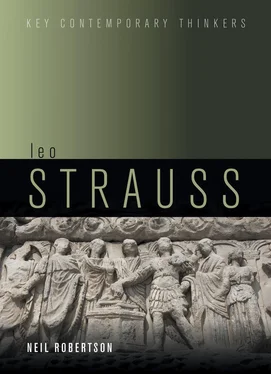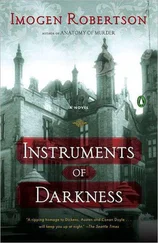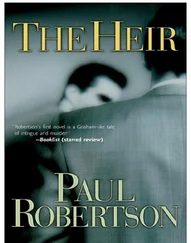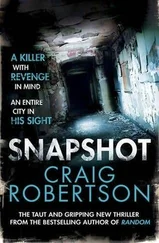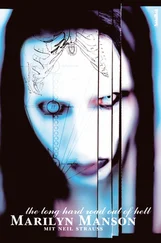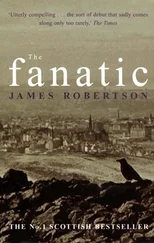Strauss came to see the modern project as consisting of three stages or waves that bring out a progressively deeper radicalism. We will have a chance to explore this development in detail in chapter 5. But at this stage, the general point to see is that, according to Strauss, modernity began with a break from the pre-modern made by political philosophy, and came to a kind of conclusion in the crisis of the moral nihilism and relativism of twentieth-century life. For Strauss, this places us, as inhabitants of a modern or postmodern world, in a terrible dilemma. We have lost our capacity to orient ourselves morally and politically. We cannot simply turn back to an earlier moment in modernity; its history has shown that modernity generates its own undoing. Even if we find a way to recover the standpoint of natural right through a study of classical political philosophy, for Strauss it is hard to say how that can and should guide us in a world that is no longer classical. As Strauss stated, “only we living today can find a solution to the problems of today” (CM 11).
Strauss argues that, rather than a “solution,” what emerges from the insight that fundamental problems are irresolvable is a way of living with the problems: the recognition that moderation and practical wisdom are the proper standards of political life. Nature can function as a kind of guiding star in terms of natural right, but it does not provide an ideological map. For Strauss, one of the marks of the modern project is its tendency to become ideological, to move toward a fixed determination of the workings of the world. In Strauss’s mind such ideologies tend toward reductionism. At the heart of Strauss’s political philosophy is an effort to liberate thinking from reductionist or ideological accounts of politics and of the human more generally. For him, it is only when reductionist tendencies are resisted that the fundamental problems can emerge – and that political philosophy will be able to become, as Strauss called it, “first philosophy” (CM 20).
Beyond trying to introduce readers to the often-challenging thought of Leo Strauss, this book does have a thesis about that thought as a whole. Strauss always called himself a “scholar” and not a “philosopher.” This was not simply due to modesty on his part; it is actually central to his basic claim. If Strauss is simply recovering a pre-existing standpoint – that of classical political philosophy – his basic work is scholarly recovery. But the claim of this book is that Strauss is doing more than “scholarly recovery”: he is a key contemporary thinker precisely because his work is philosophically original. He is not simply recovering the thought of Plato, as he presents himself to be doing; nor is he simply occupying an already-established contemporary standpoint, whether it is that of Nietzsche or Heidegger, as some critics of Strauss have alleged. Strauss developed a distinctive contemporary position – and it is this distinctive position that we will be trying to uncover as we go through Strauss’s thought.
However, precisely because he is more original than he allows, Strauss’s claims to recovery are more open to question than he allows. The focus of this introduction to Strauss will be not primarily on his interpretations of specific texts, but on his own thought. That thought was undoubtedly worked out in and through his readings of ancient and modern political philosophy, but it was not determined by those texts. Our effort will be to see Strauss as himself a key contemporary thinker.
Конец ознакомительного фрагмента.
Текст предоставлен ООО «ЛитРес».
Прочитайте эту книгу целиком, купив полную легальную версию на ЛитРес.
Безопасно оплатить книгу можно банковской картой Visa, MasterCard, Maestro, со счета мобильного телефона, с платежного терминала, в салоне МТС или Связной, через PayPal, WebMoney, Яндекс.Деньги, QIWI Кошелек, бонусными картами или другим удобным Вам способом.
